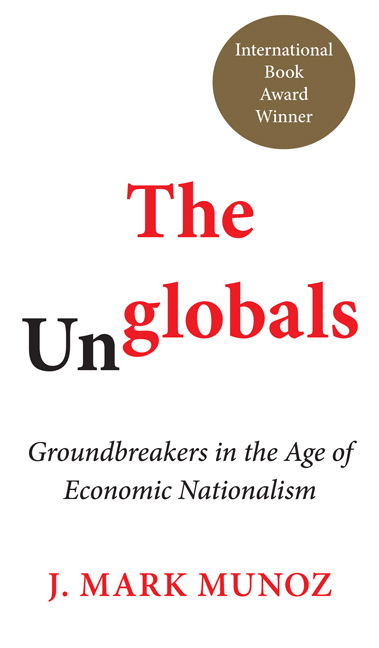3 - Unglobal Pathways
Summary
The idea behind this very short book is to stimulate thought and discussion on globalization alternatives and lifestyles. Academic literature and various surveys suggest that globalization has been uneven. It has benefited many, but also alienated others.
The sustainability of globalization is oftentimes questionable. The future is daunting, with global population expected to reach 9.7 billion by 2050, leading to potential constraints on the world's ability to reduce poverty and hunger as well as provide equitable access to basic services, including education and good health care (UNCTAD, 2016).
There is growing multipolarity in a globalized environment requiring clear rules and functional institutions amid a rise in protectionism, currency conflicts and geopolitical discord (Credit Suisse, 2017).
Presently, there seems to be much confusion about globalization. The global citizenry appears perplexed about the extent of globalization. Notably, on the business front a “globaloney” scenario exists, as evidenced by an overestimation of the extent of international versus domestic activities (depth) and an underestimation of the extent to which international activities are globally dispersed (scope) (Ghemawat, 2017).
The shifting and evolving contemporary political, business and economic thinking underscores the fact that new models are necessary. Lund, Manyika and Bughin (2016) noted the growing economic influence of data flows or digital globalization over that of traditional physical goods. Their study underscored the importance of rethinking global footprints, examining value chain changes and alignment of strategies with the digital world, thinking on a large scale and understanding the competitive landscape well.
An open- mindedness toward unglobal pathways may lead to the uncovering of innovative solutions to our society's many pressing challenges. In a PWC (2017) survey of CEOs, only 28 percent believed globalization helps avert climate change and resource scarcity.
Governments need to consider new discussion items on their agenda. For example, policy makers specially in the Western world need to address pressing issues such as inclusiveness of economic growth, the delivery of changes desired by voters while maintaining system continuity in government, and the reconciliation of nationalism movements within diverse societies (World Economic Forum, 2017b). Strategic actions need to be taken to help those affected by trade and globalization, such as (1) reinvestment in communities, (2) enhanced linkages of small firms with international markets, (3) improved access to investors, (4) improved international digital platform connectivity, and (5) a well- conceived platform for the retraining of workers (Pinkus, Manyika and Ramaswany, 2017).
- Type
- Chapter
- Information
- The UnglobalsGroundbreakers in the Age of Economic Nationalism, pp. 39 - 50Publisher: Anthem PressPrint publication year: 2018



